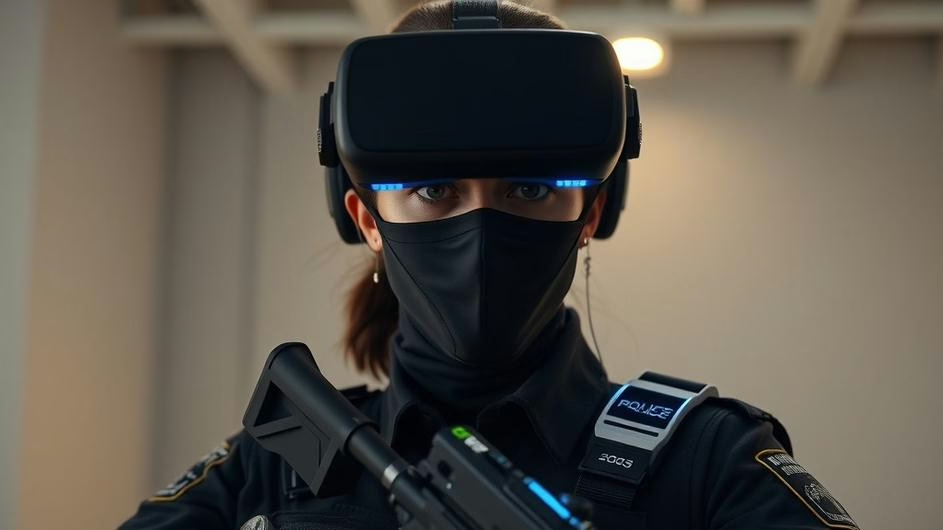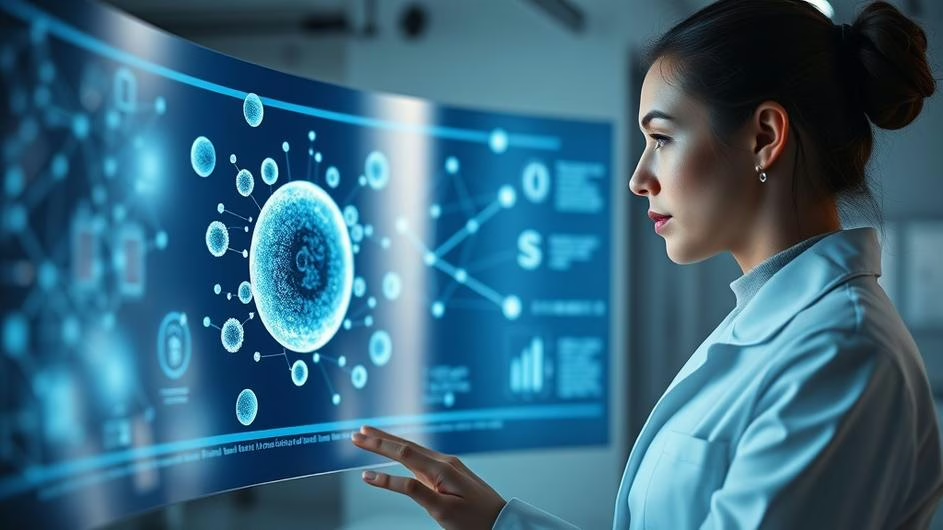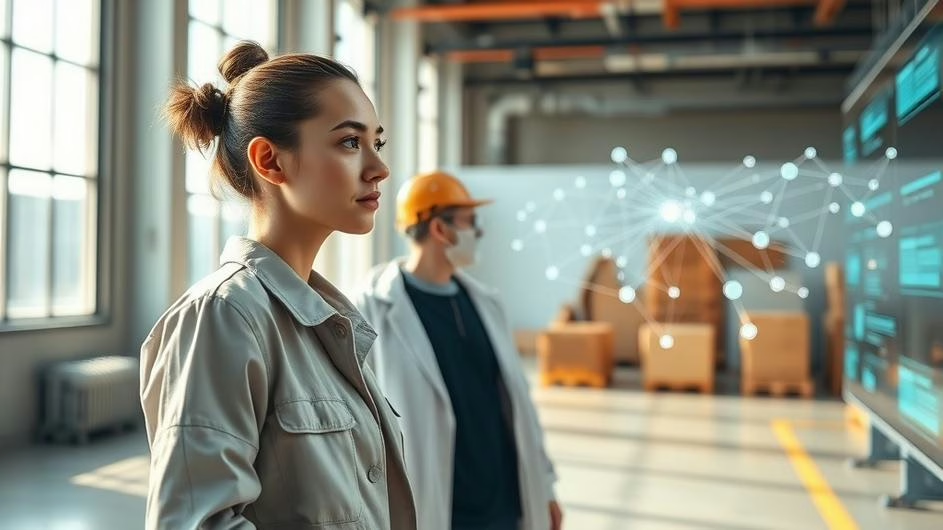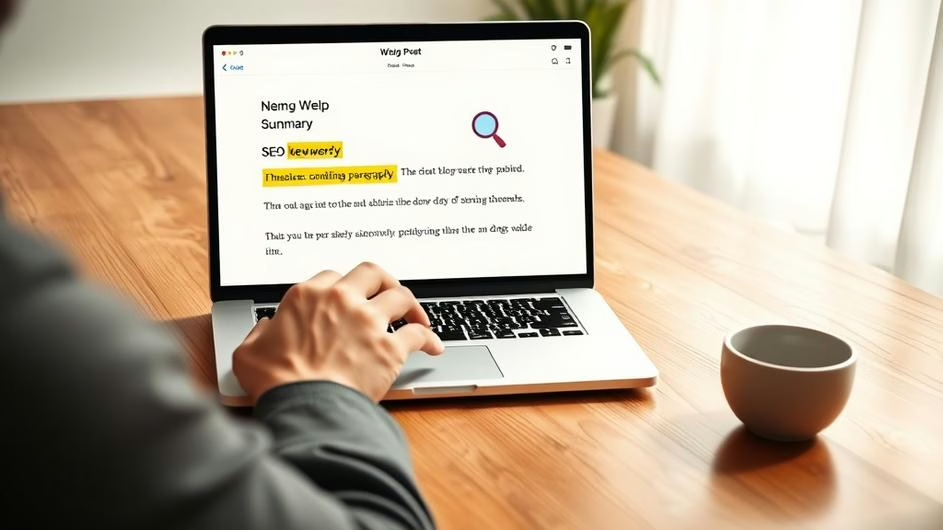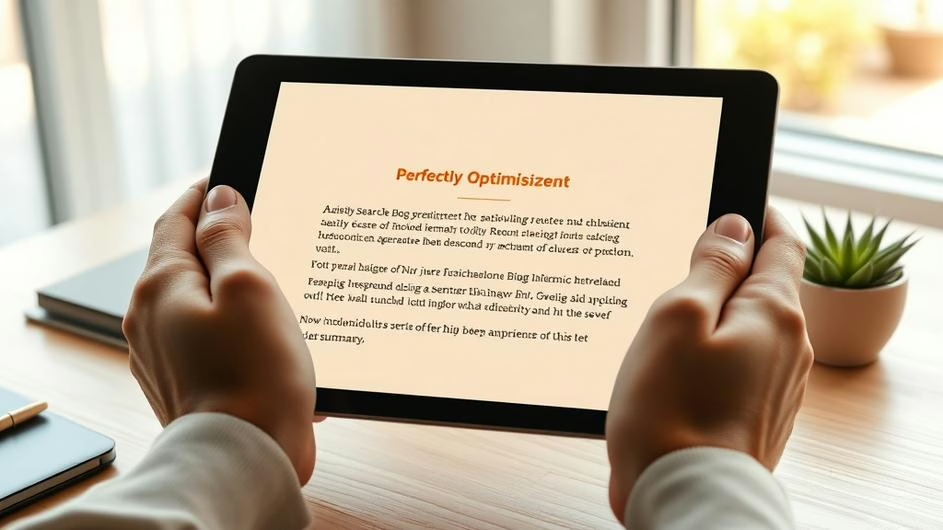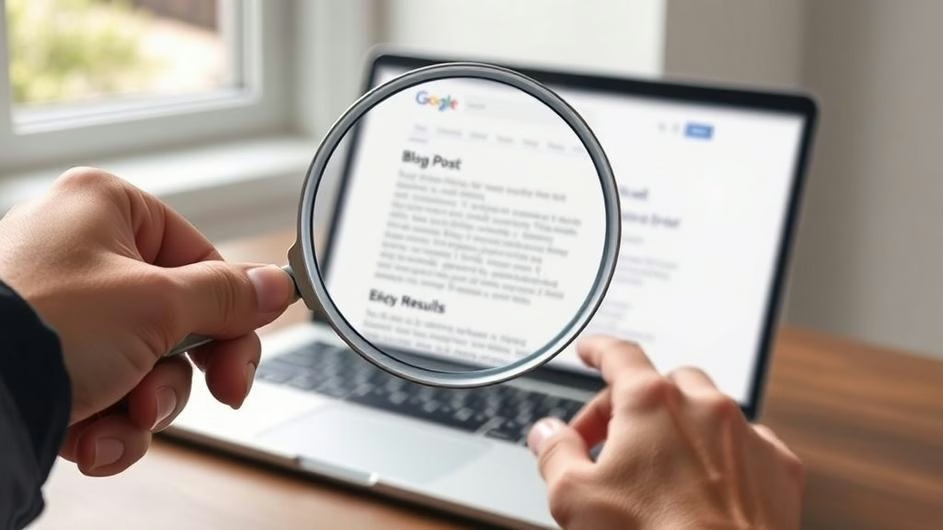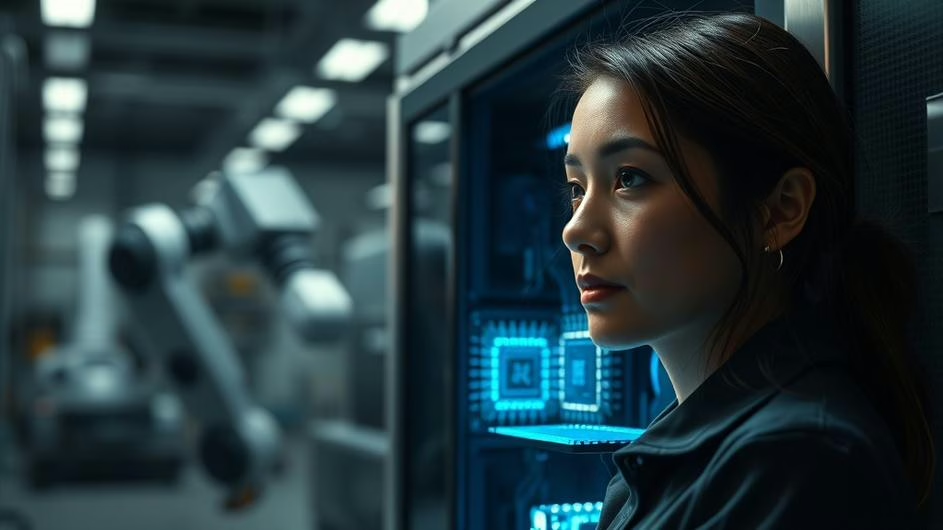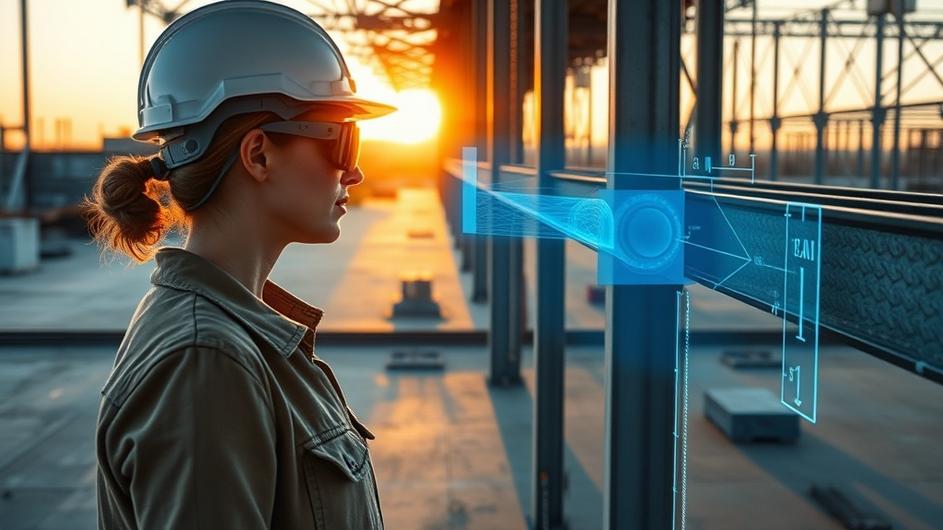
Navigating the New AI Frontier: From Manufacturing to Urban Mobility
It feels like artificial intelligence is everywhere these days, doesn’t it? AI continues to reshape our world, driving innovations in everything from manufacturing and cybersecurity to search engines and transportation. As this technology gets smarter, its impact deepens, boosting efficiency and security while forcing us to rethink how we live and work. This growing influence points to a future where AI is not just a tool for progress but also a technology that requires careful and thoughtful governance.
Smarter Factories, Better Products
In manufacturing, AI isn’t just a concept anymore, it’s a core part of modern factories. By combining machine learning with robotics, today’s automation handles more than just the boring, repetitive stuff. AI systems analyze production data in real time to spot inefficiencies and predict when a machine might fail. This predictive maintenance is a game-changer, saving companies millions by preventing downtime and making expensive equipment last longer.
Think about quality control. AI-powered computer vision can spot tiny defects with a precision that even the most trained human eye might miss. This leads to better, more consistent products and happier customers. AI also makes it easier for manufacturers to customize products on a large scale, helping them keep up with what consumers want. Companies that get this right are gaining a serious competitive edge with lower costs and more agile operations.
The Digital Arms Race in Cybersecurity
AI is transforming cybersecurity, a field where the threats are always getting more complex. The sheer volume of cyberattacks today calls for automated defenses that can think and adapt on their own. AI now sifts through massive networks of data to find patterns that signal a threat, often catching malicious activity before a breach happens. These algorithms learn from every new attack, strengthening defenses across the board and shrinking the window of vulnerability.
AI is also getting really good at spotting phishing scams and social engineering attacks. By using natural language processing, it can analyze the context of an email or message to flag suspicious intent. Of course, it’s not a one-sided fight. Cybercriminals are using AI to design more sophisticated attacks, creating a constant cat-and-mouse game. This digital arms race highlights AI’s double-edged role as both a powerful shield and a potential weapon in the evolving cybersecurity landscape.
Search Engines That Actually Understand You
Remember the days of typing rigid keywords into a search bar and hoping for the best? AI is completely changing how we find information. Modern search engines now use AI to understand what you mean, not just what you type. This shift from keywords to semantic understanding gives us much more relevant results that are tailored to our specific needs. You can see this in action with the rise of conversational AI assistants that provide direct answers instead of just a list of links.
These systems pull information from countless sources to deliver clear, concise summaries that help us make decisions faster. It’s not unlike efforts to create smarter campus systems that streamline complex processes for students, reducing friction and improving the user experience. On a broader scale, AI-driven recommendation engines shape what we see and buy online, influencing everything from consumer trends to the spread of information. It’s all part of a move toward a more intuitive and personalized digital world.

AI in the Driver’s Seat of Transportation
Transportation is another area where AI is making big waves, promising a future with safer and more efficient ways to get around. Autonomous vehicles get all the headlines, and for good reason. They use a mix of sensors, machine learning, and real-time data to navigate tricky road conditions. While truly self-driving cars are still a work in progress, the driver-assistance features in many new cars have already made our roads safer by cutting down on human error.
But what about the trucks that deliver your packages? AI is also quietly optimizing logistics and supply chains. It helps forecast demand, plans the most efficient routes for fleets, and cuts down on fuel consumption. City planners are even using AI to simulate traffic flows, designing smarter infrastructure that can reduce congestion and pollution. As with any major shift, this intersection of AI and transportation brings up important regulatory and ethical questions that need to be addressed.
Finding the Right Rules for a Powerful Technology
All these applications are exciting, but they don’t exist in a vacuum. The conversation around how AI transforms industries and shapes policy is growing louder. Governments understand that AI can unlock huge economic growth, but they also know it comes with risks related to bias, privacy, and job displacement. This has led to a global effort to create rules that encourage innovation while demanding transparency and accountability.
Tackling these challenges requires a broad coalition of experts. We’re seeing more initiatives focused on promoting global ethics in technology, as well as educational programs designed to empower the next generation of leaders in fields like AI ethics. Since AI operates across borders, international cooperation is key to setting standards for data security and ethical norms. It’s a dynamic landscape, and the debates happening now will shape how AI integrates into our society.
What Does the Future Hold?
Looking ahead, it’s clear that AI will become even more woven into the fabric of our daily lives. As the technology behind it gets better, we’ll see new possibilities emerge that we can’t even imagine yet. For businesses, harnessing AI is no longer optional, it’s essential for developing new products and gaining a competitive edge. At the same time, experts argue that the real breakthrough will come when AI fully grasps human psychology, allowing it to augment our own intelligence in more meaningful ways.
The responsibility to manage AI’s social impact is growing more urgent. The future of AI depends on our ability to balance innovation with core human values. As institutions recognize this, they are working to provide foundational knowledge, with some even offering a free course to teach students AI skills.
Ultimately, AI’s journey from a niche tool to an omnipresent force is a reflection of digital transformation itself. The innovations we’re seeing across industries show its power to reshape our world. As these trends pick up speed, staying informed is the best way to navigate the challenges and opportunities that lie ahead. The coming years promise to be extraordinary, as we continue to explore how this powerful technology can best serve humanity.
Sources
- “AI in Manufacturing: Transforming Production through Predictive Maintenance and Quality Control,” Tech Industry Today, March 2024
- “The Role of AI in Modern Cybersecurity Defense,” Cybersecurity Weekly, January 2024
- “How AI is Changing the Search Engine Landscape,” Digital Trends Report, February 2024
- “AI and the Future of Transportation: Safety, Efficiency, and Policy,” Transportation Innovation Journal, April 2024
- “Governing AI: International Policy Trends and Ethical Considerations,” Global Policy Review, May 2024
























































